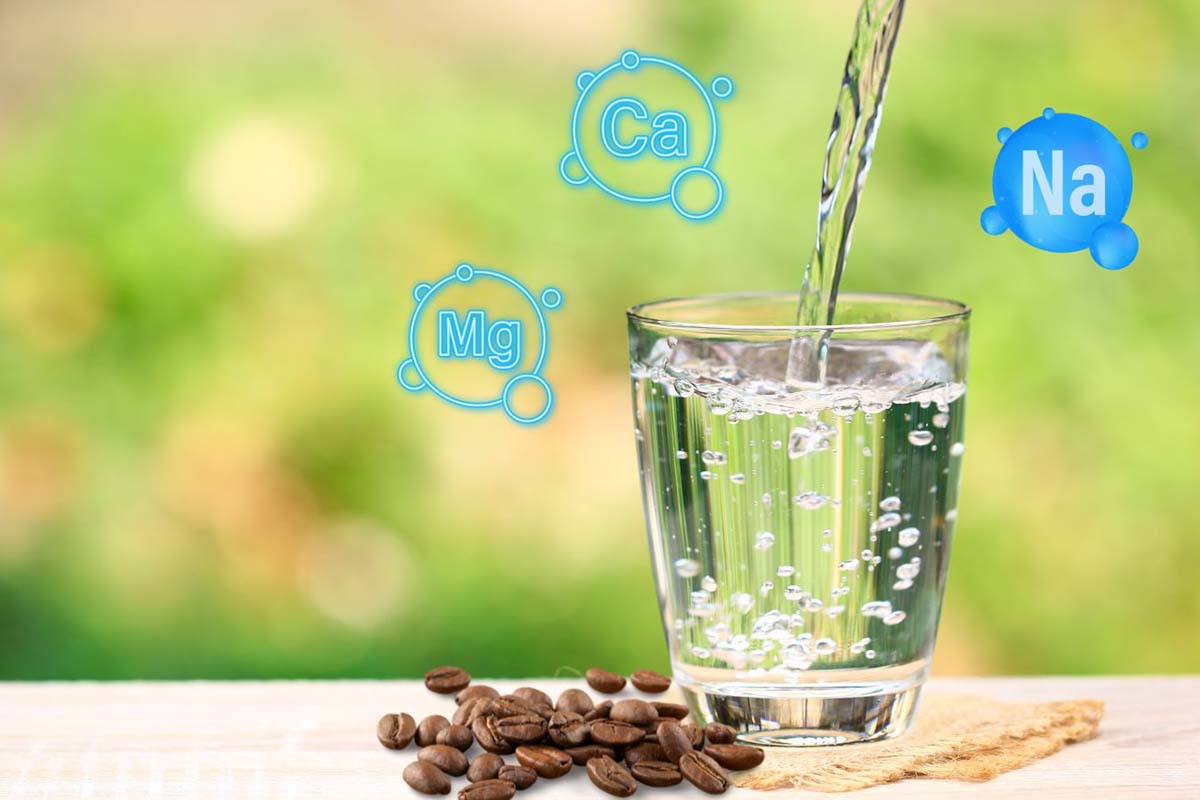Given that water makes up such a large percentage of the final cup, it’s reasonable to assume that its composition can significantly influence the flavors we perceive. Just like beer brewing, the water profile can deeply affect the end result.
The Chemistry of Water in Brewing Coffee
The main constituents of water that we’re concerned with when brewing coffee are:
Calcium and Magnesium Ions
These ions contribute to “hardness” and affect how effectively flavors are extracted from the coffee grounds. They also have a tendency to form scale in your coffee-making equipment, but that’s a separate issue.
Carbonate and Bicarbonate Ions
These ions interact with coffee compounds in a way that can balance or counteract acidity. This is particularly important in the extraction of acidic compounds.
Sodium Ions
While not as effective at extracting flavors as calcium and magnesium, sodium can add a certain “smoothness” to the final cup.
pH Level
Generally, a neutral to slightly acidic water pH is considered good for coffee extraction.
Regional Preferences
Specific regions have specific water profiles that could influence the character of the beer or coffee made there. Some specialty coffee shops have indeed experimented with replicating water profiles from famous coffee-growing regions, although this is far from standard practice.
Water Modification
As for modifying water to suit a particular type of coffee, this is definitely something that some advanced homebrewers and specialty cafes are doing. Different mineral compositions can, in fact, highlight different aspects of a coffee’s flavor.
For example, water with higher levels of calcium may be better at extracting bolder, robust flavors from coffee and might pair well with a rich, chocolatey Brazilian coffee.
On the other hand, softer water could highlight the crisp, acidic notes in an Ethiopian Yirgacheffe.
Subjectivity and Practicality
Of course, taste is subjective. The “ideal” water for one person may not be the same for another. There’s also the question of whether the average person is willing to go to the lengths of modifying their water to brew a cup of coffee, especially when the differences may be subtle and hard to notice without a side-by-side comparison.
Conclusion
If you’re the sort of person who enjoys diving deep into the variables that affect coffee flavor, exploring water chemistry could be a rewarding avenue.
However, it’s also okay to acknowledge that while water chemistry is essential, it’s just one of many variables in coffee brewing. Most people might find a good-quality, filtered tap water to be more than sufficient for their needs.





